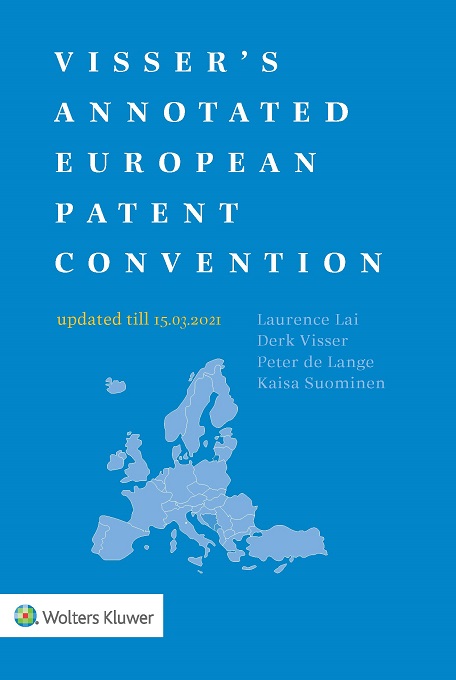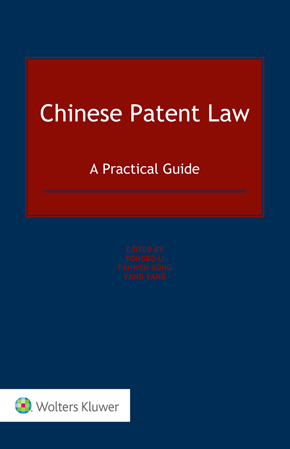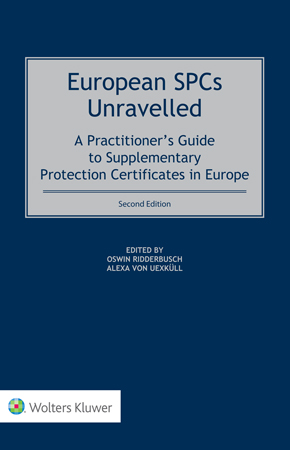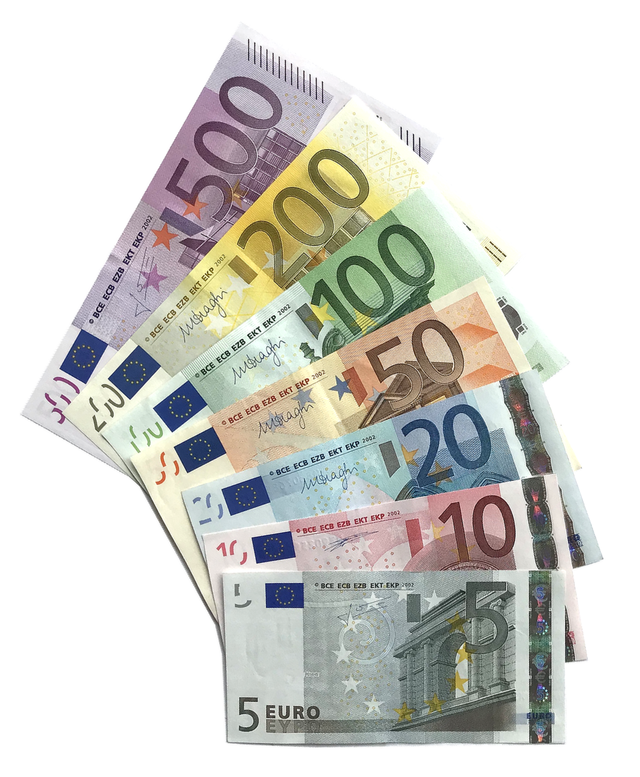Even the best European Patent Attorneys may occasionally have to represent a client in an appeal case that turns out to be increasingly hopeless, or they are representing the patentee in examination appeal proceedings in a field where technology advances faster than the Boards of Appeal are able to deal with their cases. In such a case, the appellant-applicant may very well conclude that there is no point in further pursuing this patent application. And there can be many other cases where the appellant decides to withdraw the appeal and instructs its authorized representative to take the necessary steps.
The question now is whether appellants gets any money back, and if so, how much.
In the end, they had to pay a considerable appeal fee (currently 2705 EUR) at the start of the appeal proceedings, and the Board of Appeal has had very little work with the appeal. Some refund may thus be appropriate and justifiable. Moreover, a refund may also be a smart move as an „office policy“, since it might encourage more appellants to withdraw their (almost) hopeless or uninteresting cases. This in turn should help the Boards of Appeal to faster deal with their backlog.
As the EPO is known to be a smart office, it will not come as a surprise that an intricate Rule exists that regulates the Reimbursement of appeal fees. This is Rule 103 EPC. Basically it provides a staggered refund depending on the stage in which the appeal is withdrawn. There is the possibility of a 100%, 75%, 50% or 25% reimbursement of the appeal fee. More specifically, Rule 103 stipulates, inter alia,
(1)
The appeal fee shall be reimbursed in full
(…)
(b) if the appeal is withdrawn before the filing of the statement of grounds of appeal and before the period for filing that statement has expired.(2)
The appeal fee shall be reimbursed at 75% if, in response to a communication from the Board of Appeal indicating its intention to start substantive examination of the appeal, the appeal is withdrawn within two months of notification of that communication.(3)
The appeal fee shall be reimbursed at 50% if the appeal is withdrawn after expiry of the period under paragraph 1(b), provided withdrawal occurs:
(a)
if a date for oral proceedings has been set, within one month of notification of a communication issued by the Board of Appeal in preparation for these oral proceedings;
(b) (…)
(c)
in all other cases, before the decision is issued.(4)
The appeal fee shall be reimbursed at 25%
(a)
if the appeal is withdrawn after expiry of the period under paragraph 3(a)but before the decision is announced at oral proceedings;
(b)
(…)
(c)
(…)(5)
The appeal fee shall be reimbursed under only one of the above provisions. Where more than one rate of reimbursement applies, reimbursement shall be at the higher rate.
Daniel X. Thomas has now via LinkedIn drawn our attention to a recent decision of TBA 3.5.4, T 853/16, which deals with the question of how much the appellant is reimbursed if he withdraws the appeal after the filing of the grounds of appeal, but prior to any communication from the Board of Appeal indicating its intention to start substantive examination of the appeal according to Rule 103(2) EPC and also before any summons for oral proceedings and any preliminary opinion by the Board.
How would you decide?
On the one hand, there is no communication under R. 103(2) EPC which would directly trigger the possibility of a 75% refund. On the other hand, should not the ratio legis underlying R. 103(2) EPC also apply, a fortiori, to a situation where the withdrawal has been filed so timely that the Board has not even considered starting the substantive examination and therefore has not (yet) issued such a communication?
I think it should, but the Board of Appeal in T 853/16 thinks it should not. Apparently, I am wrong here. The Board seems to be of the view that the wording of Rule 103(2) EPC is crystal clear – there has to be a communication under Rule 103(2), otherwise there will be no 75% refund. They even refused presenting this question to the Enlarged Board, as the appellant had suggested.
Now I wonder about the consequences of this decision and whether this makes sense. I particularly wonder what will happen if a Board forgets sending out a R. 103(2) communication or if it takes the position that it need not send out such a communication anyway. Would there ever be the possibility of a 75% refund in such a case? According to T 853/16, the answer is no.
So, the lesson to be learnt for appellants seems to be: if you want to withdraw your appeal and maximize your refund of the appeal fee, first ask the Board for a communication under Rule 103(2) EPC and withdraw your appeal after you have received it. That may help you save EUR 676.25 under the EPO’s current tariff schedule.
Whilst I assume that the Board is not obliged to comply with such a request, it is probably also in the Board’s interest to allow it rather than to proceed with the case and take the next procedural steps, and in particular the issuance of a preliminary opinion, without an advance warning. The latter will certainly be more time-consuming and, in the end, be good for nothing.
Nevertheless, could we not have reached this result more easily? Isn’t it common sense that a withdrawal of the appeal before the issuance of a communication under Rule 103(2) EPC should be treated in the same way as a withdrawal after issuance of such a communication, but within the term set therein? And who is helped with this decision? Probably neither the appellants nor the Boards of Appeal. But there we are.
In the end, it’s only about EUR 676.25. And with that, I rest my case.
More from our authors:

|
Vissers Annotated European Patent Convention 2021 Edition by Laurence Lai, Derk Visser, Peter de Lange, Kaisa Suominen € 105 |

|
Chinese Patent Law: A Practical Guide by Sun Changlong, Zhang Junjie, Fanwen Kong, Dang Li, Yongbo Li, Zhang Liang (William), Wang Meng, Zhang Qiulin, Wang Rong, Gu Runfeng, Chen Shasha, Lu Weiting, Ge Xiaomei, Yang Yang, He Yibo € 148.00 |

|
European SPCs Unravelled: A Practitioner’s Guide to Supplementary Protection Certificates in Europe, Second Edition by Oswin Ridderbusch, Alexa von Uexküll € 250 |

|
Law of Raw Data by Jan Bernd Nordemann, Christian Czychowski € 184 |
